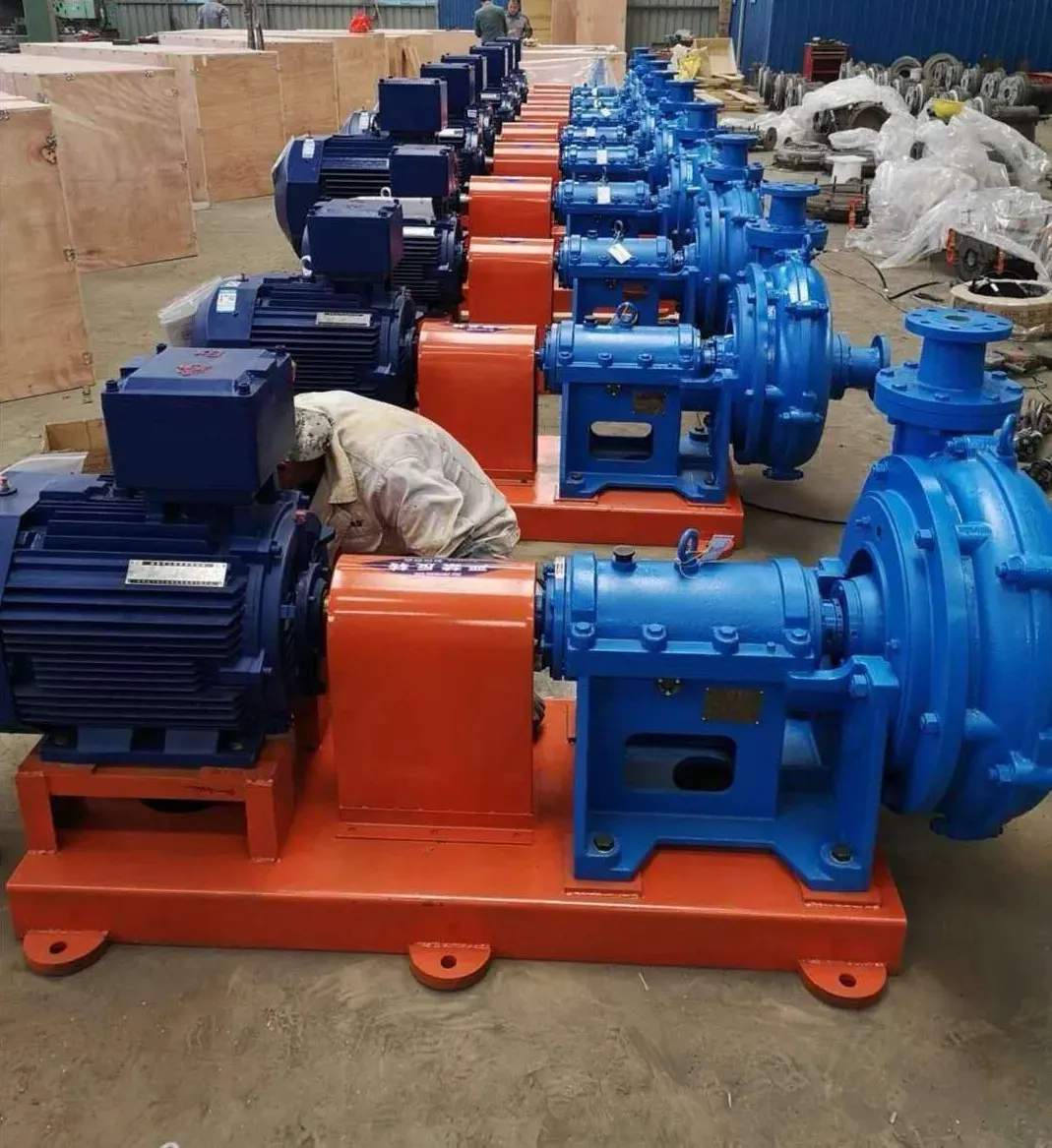TEL:
+86 13120555503
Russian
- Afrikaans
- Albanian
- Amharic
- Arabic
- Armenian
- Azerbaijani
- Basque
- Belarusian
- Bengali
- Bosnian
- Bulgarian
- Catalan
- Cebuano
- Corsican
- Croatian
- Czech
- Danish
- Dutch
- English
- Esperanto
- Estonian
- Finnish
- French
- Frisian
- Galician
- Georgian
- German
- Greek
- Gujarati
- Haitian Creole
- hausa
- hawaiian
- Hebrew
- Hindi
- Miao
- Hungarian
- Icelandic
- igbo
- Indonesian
- irish
- Italian
- Japanese
- Javanese
- Kannada
- kazakh
- Khmer
- Rwandese
- Korean
- Kurdish
- Kyrgyz
- Lao
- Latin
- Latvian
- Lithuanian
- Luxembourgish
- Macedonian
- Malgashi
- Malay
- Malayalam
- Maltese
- Maori
- Marathi
- Mongolian
- Myanmar
- Nepali
- Norwegian
- Norwegian
- Occitan
- Pashto
- Persian
- Polish
- Portuguese
- Punjabi
- Romanian
- Russian
- Samoan
- Scottish Gaelic
- Serbian
- Sesotho
- Shona
- Sindhi
- Sinhala
- Slovak
- Slovenian
- Somali
- Spanish
- Sundanese
- Swahili
- Swedish
- Tagalog
- Tajik
- Tamil
- Tatar
- Telugu
- Thai
- Turkish
- Turkmen
- Ukrainian
- Urdu
- Uighur
- Uzbek
- Vietnamese
- Welsh
- Bantu
- Yiddish
- Yoruba
- Zulu
Telephone: +86 13120555503
Email: frank@cypump.com
Фев . 17, 2025 20:56 Back to list
water submersible pump
Selecting the right pump for wastewater applications is a critical decision that must balance performance, reliability, and cost-effectiveness. Wastewater management is an essential process for municipalities, industrial facilities, and private properties alike, and having an effective pump system plays a significant role in ensuring environmental standards and operational efficiency are met.
From a maintenance standpoint, ease of access for routine checks and repairs is crucial. Pumps designed with modular components or quick-release features simplify maintenance procedures, thereby reducing downtime and associated labor costs. Investing in a wastewater pump system with such design features ensures operational continuity and enhances the reliability of wastewater infrastructure. For municipal applications, compliance with regional and national regulatory standards is non-negotiable. Wastewater pumps must conform to the environmental guidelines governing discharge limits, noise levels, and energy usage. Partnering with a reputable manufacturer that provides documentation and certification of compliance can simplify regulatory audits and assure stakeholders of the system’s adherence to all legal requirements. Furthermore, expertise in installation is vital for the optimal performance of wastewater pump systems. Employing trained technicians who understand the intricacies of pump technology and local environmental conditions can make a significant difference in the efficiency and reliability of the pump system. These professionals can customize installations to suit specific site requirements, ensuring that the pump system integrates seamlessly with existing wastewater management infrastructure. Finally, trust in the manufacturer and supplier is paramount. Opting for pumps from established and reputable brands provides assurance of quality and offers access to long-term service support and warranty options. Engaging with a supplier who is knowledgeable and transparent about the product offerings enables informed decision-making and fosters a collaborative relationship that supports ongoing operational needs. In sum, the choice and implementation of pumps for wastewater systems require careful consideration of technical specifications, environmental factors, regulatory requirements, and manufacturer reliability. By focusing on these key elements, operators can ensure efficient, sustainable, and cost-effective management of wastewater processing.


From a maintenance standpoint, ease of access for routine checks and repairs is crucial. Pumps designed with modular components or quick-release features simplify maintenance procedures, thereby reducing downtime and associated labor costs. Investing in a wastewater pump system with such design features ensures operational continuity and enhances the reliability of wastewater infrastructure. For municipal applications, compliance with regional and national regulatory standards is non-negotiable. Wastewater pumps must conform to the environmental guidelines governing discharge limits, noise levels, and energy usage. Partnering with a reputable manufacturer that provides documentation and certification of compliance can simplify regulatory audits and assure stakeholders of the system’s adherence to all legal requirements. Furthermore, expertise in installation is vital for the optimal performance of wastewater pump systems. Employing trained technicians who understand the intricacies of pump technology and local environmental conditions can make a significant difference in the efficiency and reliability of the pump system. These professionals can customize installations to suit specific site requirements, ensuring that the pump system integrates seamlessly with existing wastewater management infrastructure. Finally, trust in the manufacturer and supplier is paramount. Opting for pumps from established and reputable brands provides assurance of quality and offers access to long-term service support and warranty options. Engaging with a supplier who is knowledgeable and transparent about the product offerings enables informed decision-making and fosters a collaborative relationship that supports ongoing operational needs. In sum, the choice and implementation of pumps for wastewater systems require careful consideration of technical specifications, environmental factors, regulatory requirements, and manufacturer reliability. By focusing on these key elements, operators can ensure efficient, sustainable, and cost-effective management of wastewater processing.
Share
Next:
Latest news
-
AI-Optimized Pipeline Pumps | Boost Efficiency
NewsAug.05,2025
-
Reliable Non-Clog Sewage Pumps with GPT-4-Turbo Tech
NewsAug.04,2025
-
High-Performance Air Pumps for Sand & Gravel | Efficient Transport
NewsAug.03,2025
-
ISG Series Vertical Pipeline Pump - Chi Yuan Pumps Co., LTD.|Energy Efficiency, Corrosion Resistance
NewsAug.03,2025
-
ISG Series Pipeline Pump - Chi Yuan Pumps | Energy Efficiency&Compact Design
NewsAug.03,2025
-
ISG Series Vertical Pipeline Pump - Chi Yuan Pumps Co., LTD.|High Efficiency, Low Noise, Durable
NewsAug.02,2025










